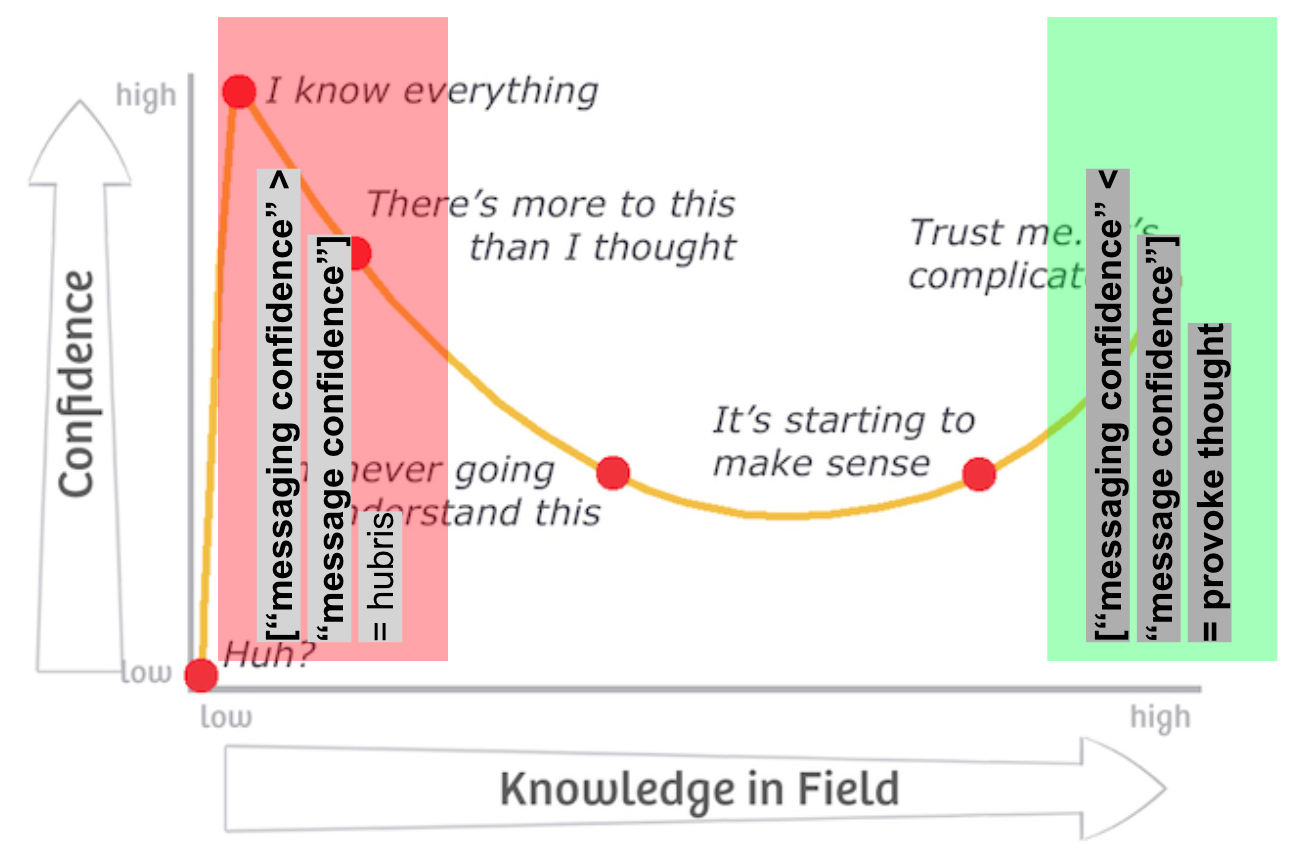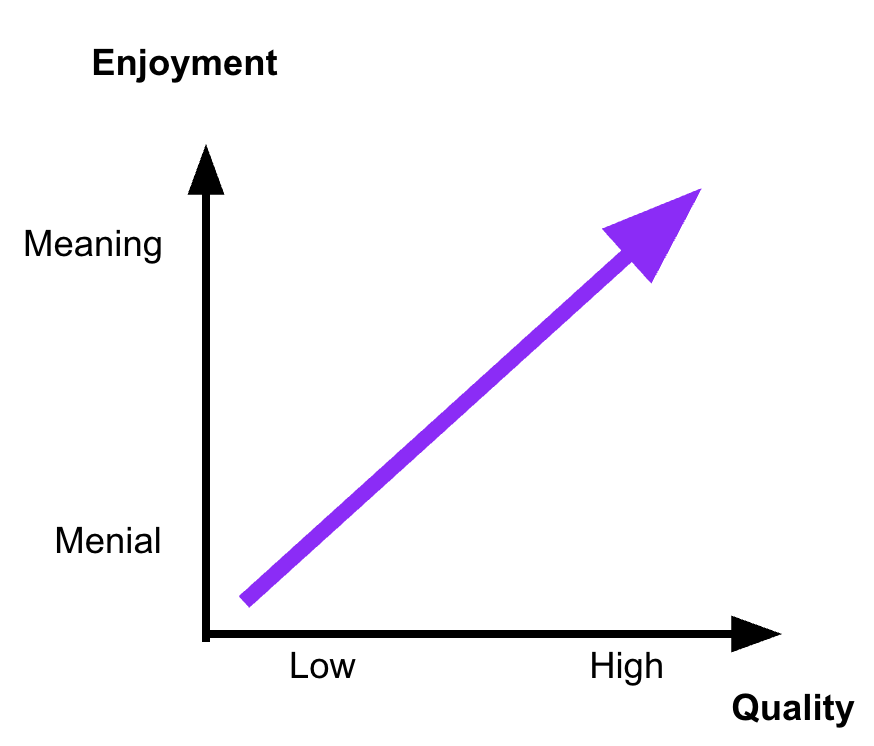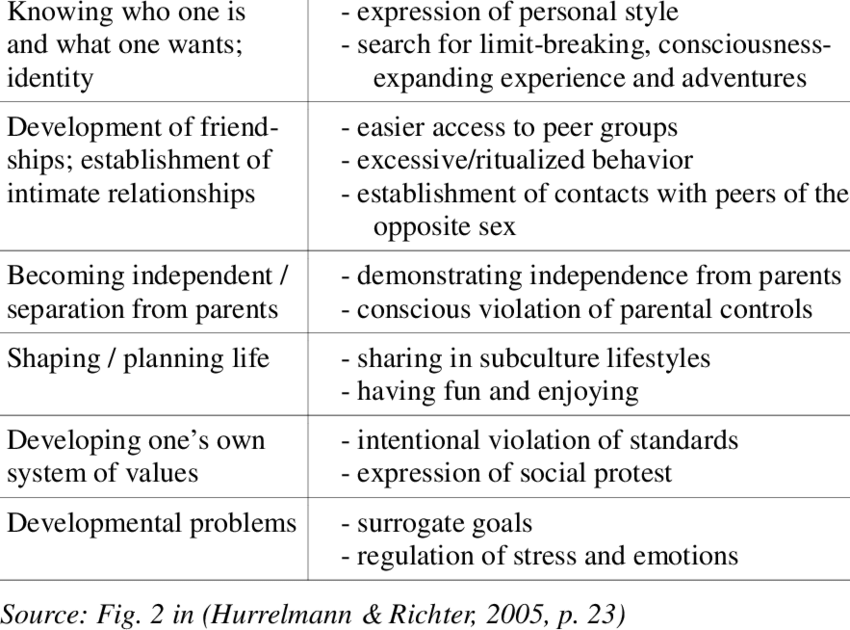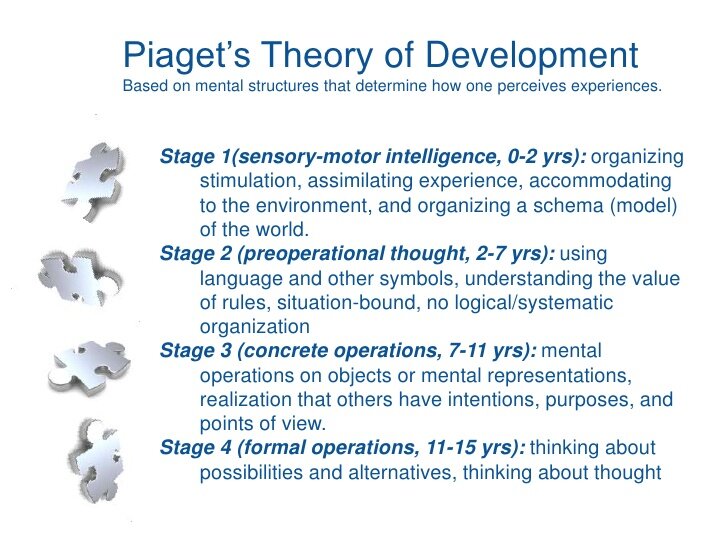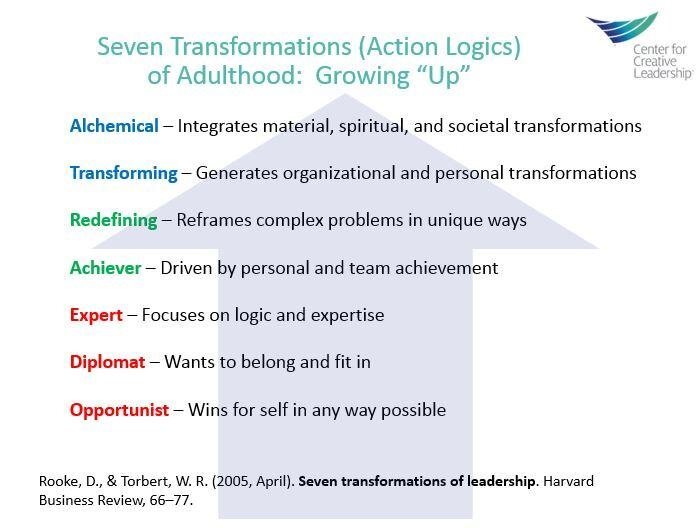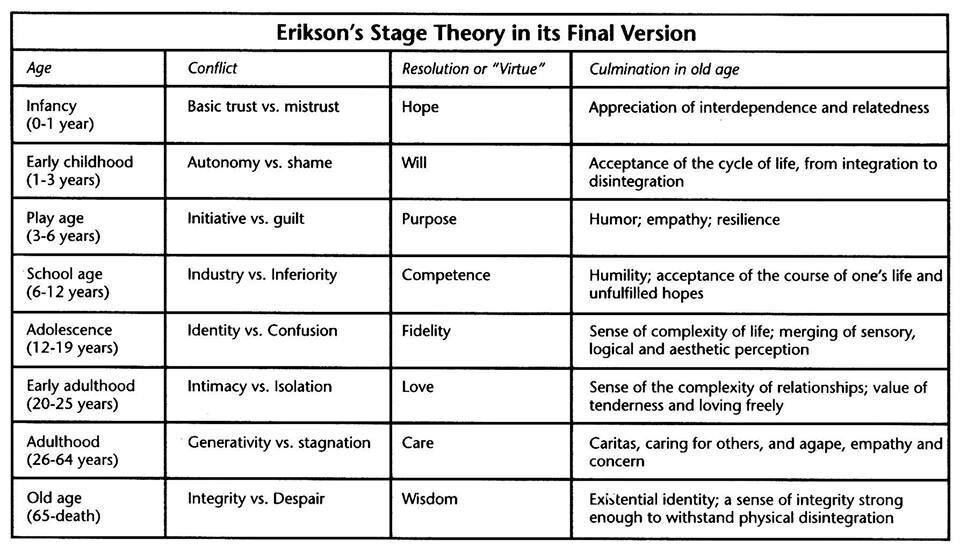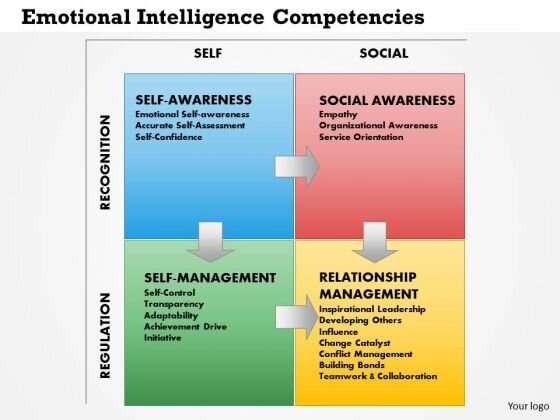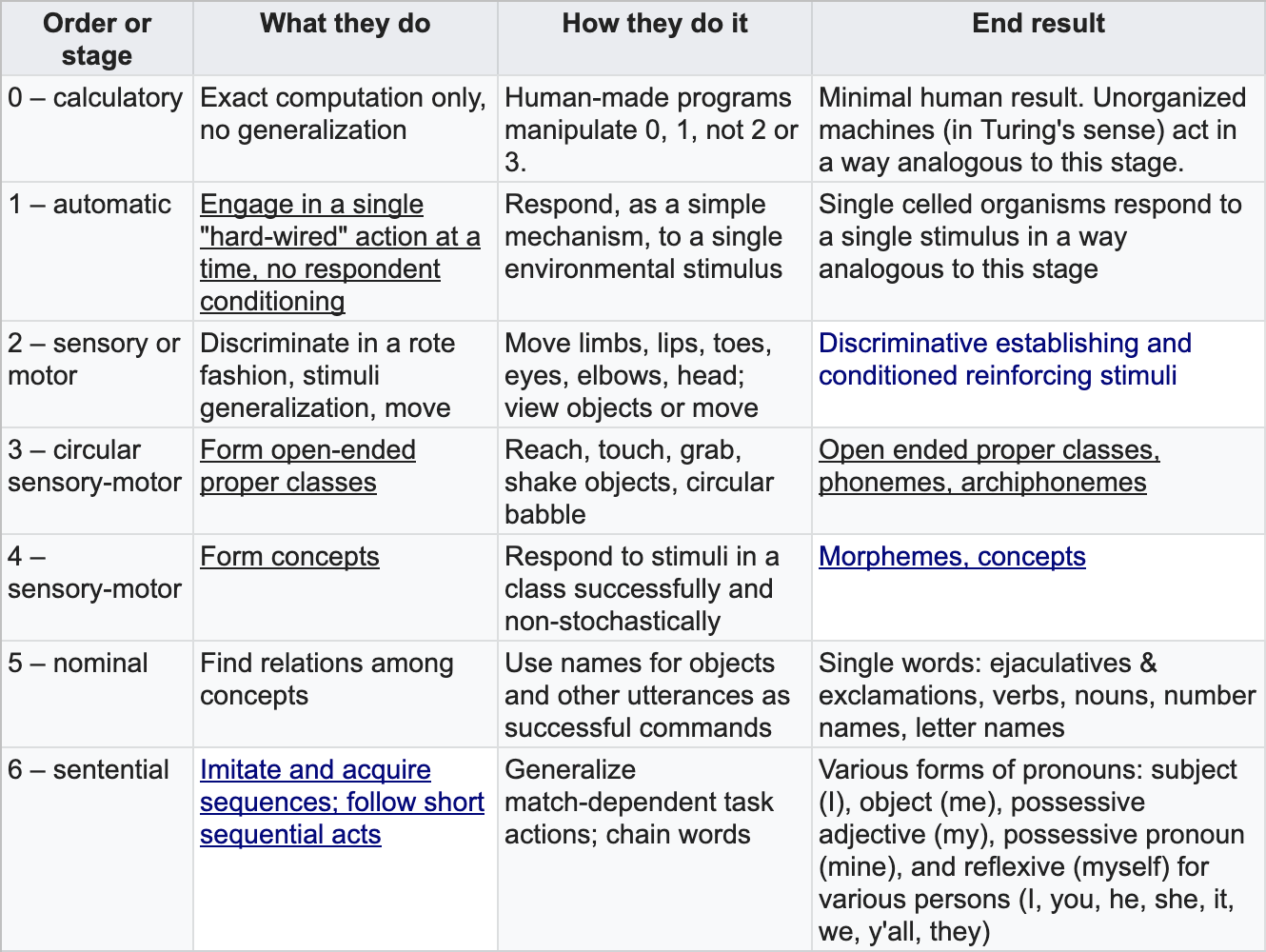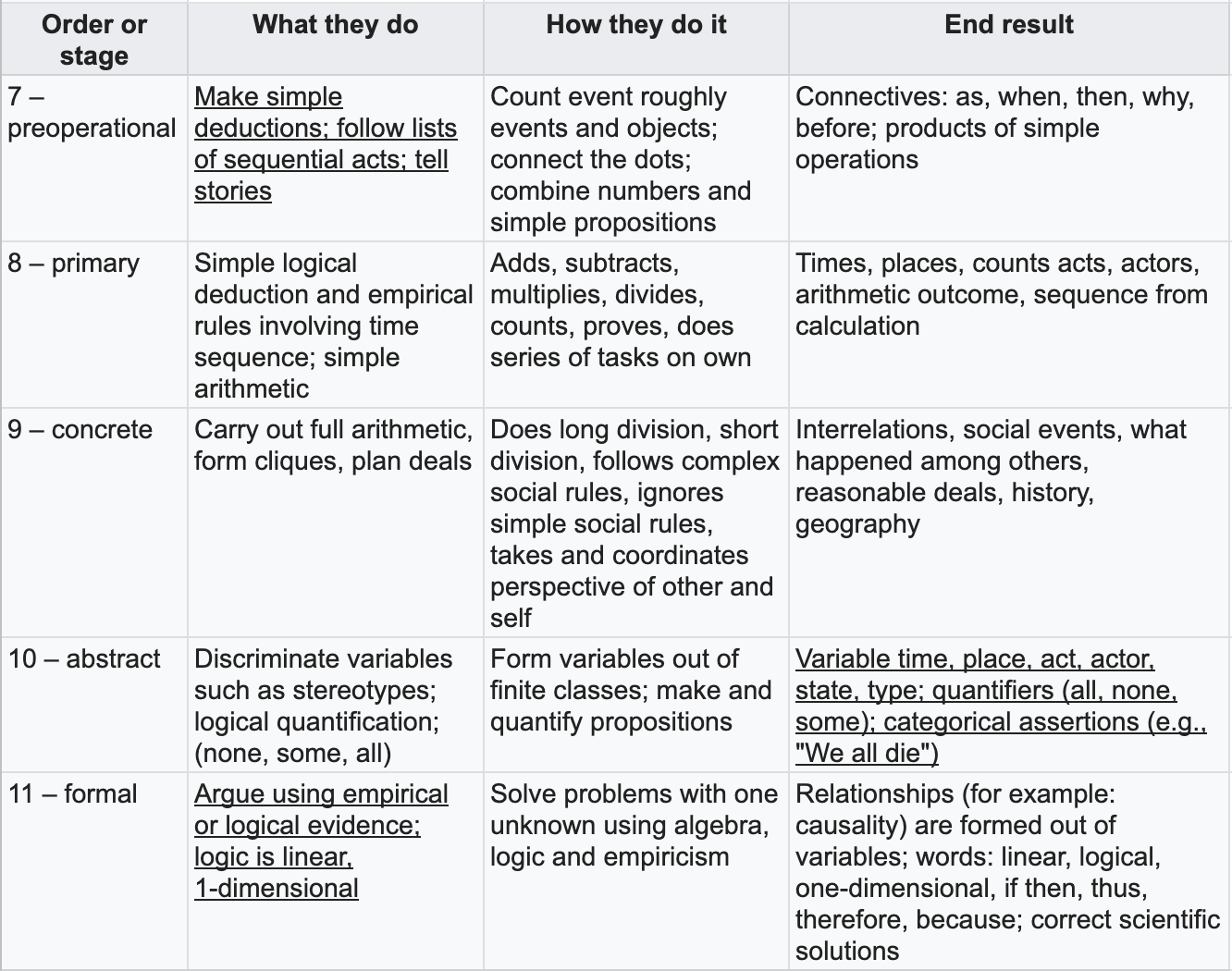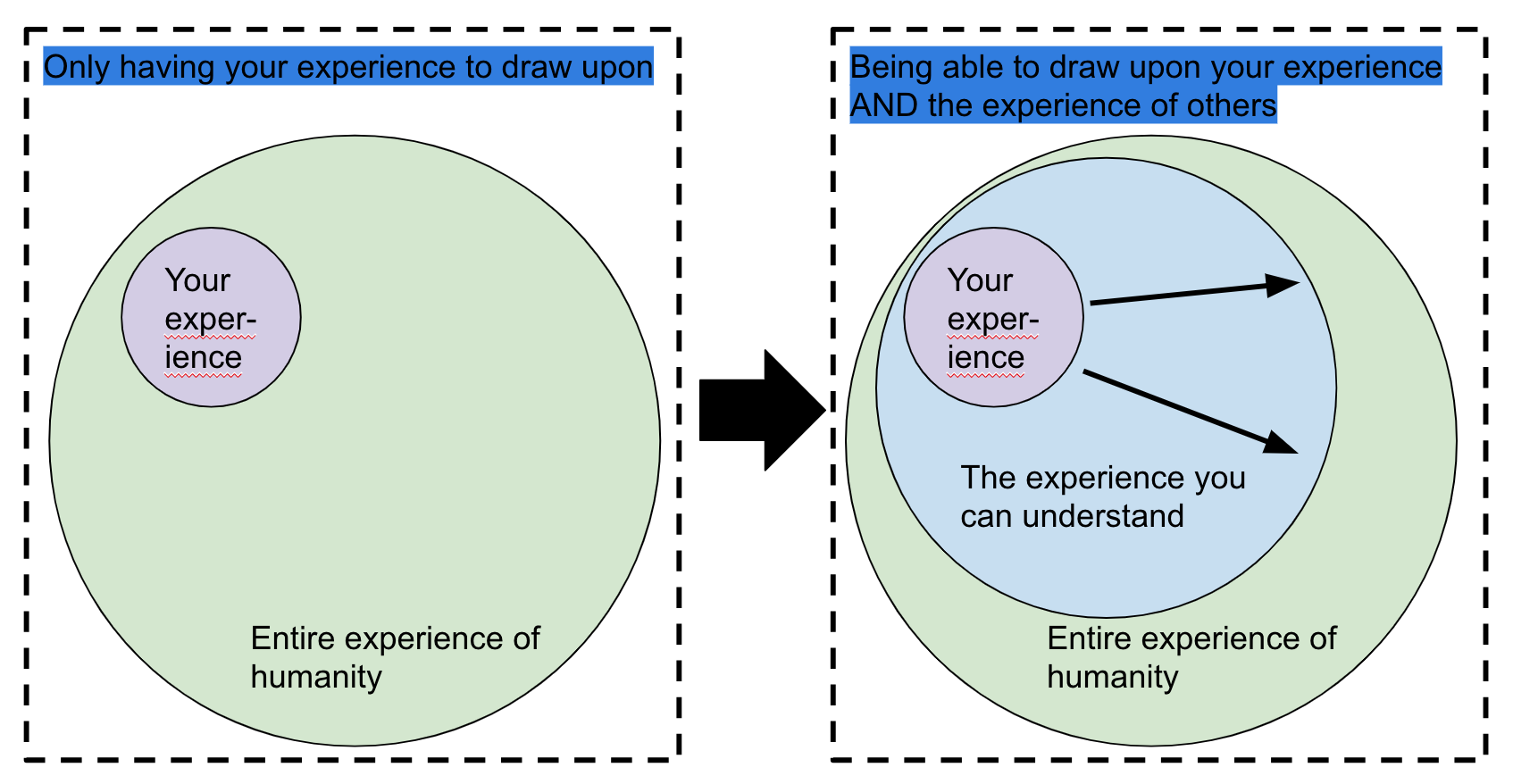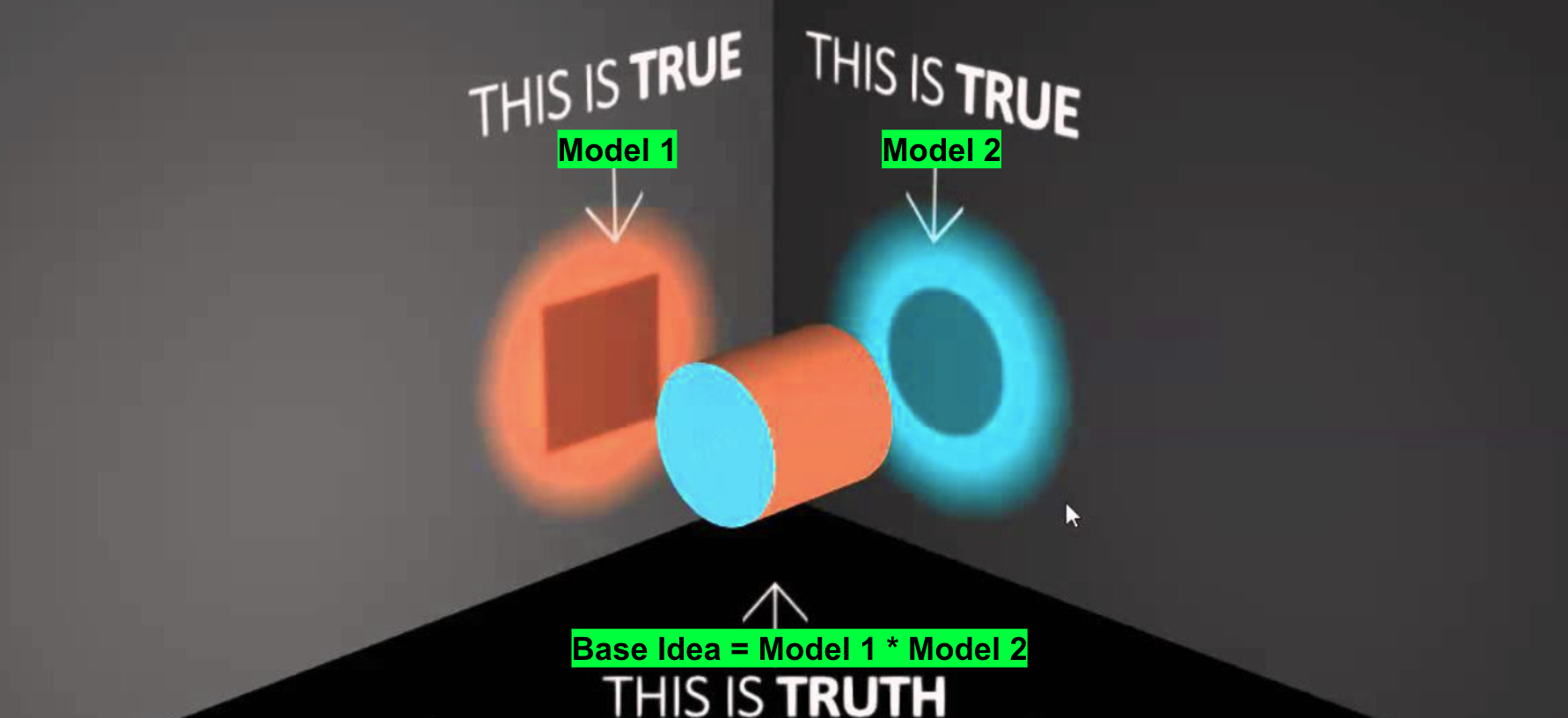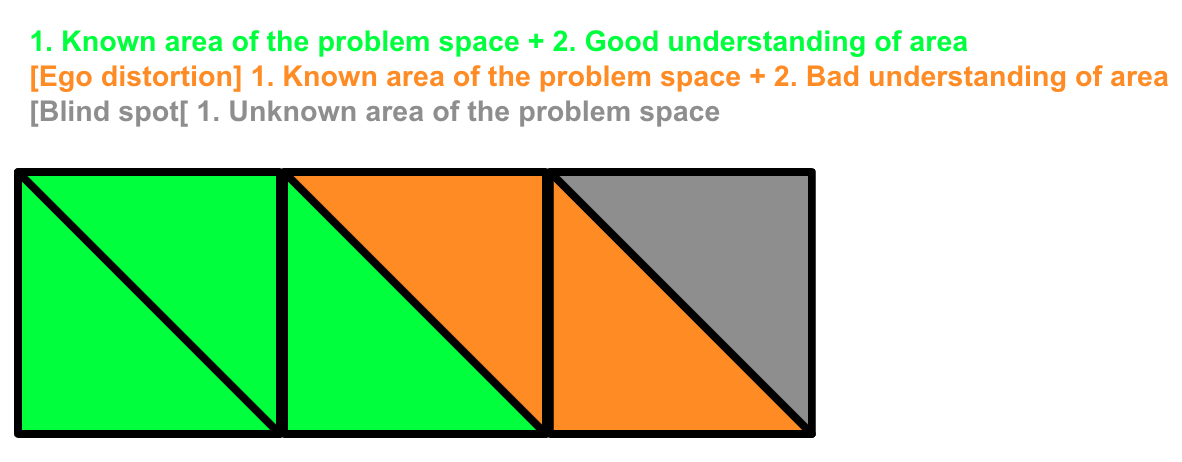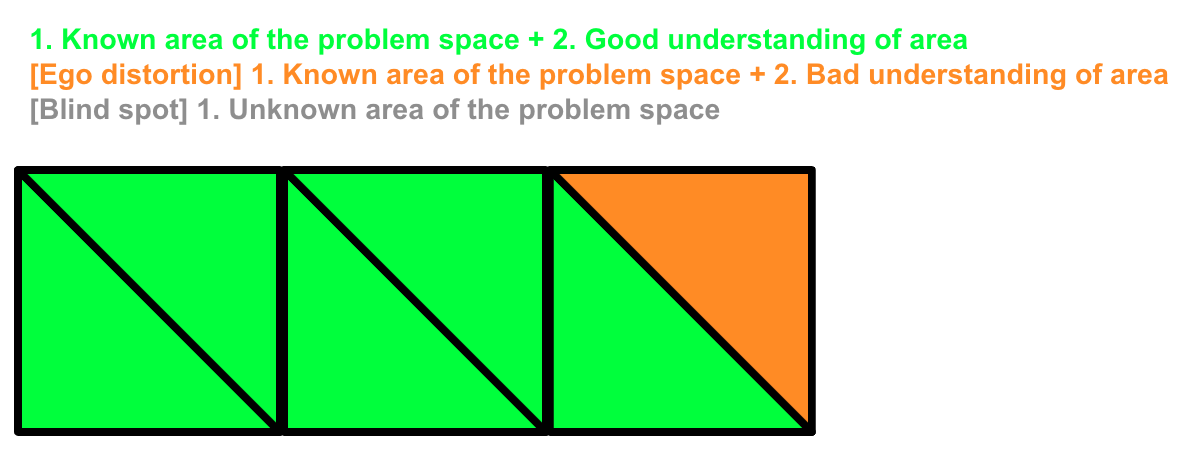IMO good messaging tries to provoke thought, not tell people how it is.
/By Duncan Anderson. To see all blogs click here.
Reading time:
Summary = 3 mins
All = 11 mins
Summary: I’ve come to believe that ‘Messaging’ is more important than ‘Message’. This is because your Message is wrapped in your Messaging. One key hack I have to not have your ‘Messaging’ not undermine your ‘Message’ is to try to have your message ‘provoke thought’ as much as possible (vs tell people how it is).
Messaging > Message - because your Message is wrapped in Messaging
Jingle: A piece of gold (Message) covered in sh1t (Messaging) is still a piece of sh1t.
But a piece of sh1t (Message) covered with gold on the outside (Messaging) is something people will look at, something people will consider.
So you’re messaging is more important than your message.
… or you can get people to discuss and consider a golden sh1t, but not sh1tty gold ;).
… also ideally your Message is gold and your Messaging is golden.
Message = Idea
However if you are anything like me some of your ideas you think are gold… but turn out to be pieces of sh1t.
A golden, not sh1tty visaualisation:
The point of discussing is often to stress test if something is a good idea or not (ie your Message is a piece of poo or not). So you need golden Messaging else you won’t discover in the discussion if your idea (Message) is a piece of poo or not.
Outcome = 1. Your view (message) * 2. How you put forward your view (messaging)
Key point: “2. How you put forward your view” can totally undermine “1. Your view” AND even yourself!
Message confidence = how confident you are that your view is correct
Messaging confidence = how confidently the words you choose to represent your view are
IMO typically it is better if your “messaging confidence” < “message confidence”.
Counterintuitively I’ve found that that [“messaging confidence” < “message confidence”] typically means others are more likely to be on board with your Message much more than [“messaging confidence” = “message confidence”].
[“messaging confidence” < “message confidence”] = provoke thought
[“messaging confidence” = “message confidence”] = telling it ‘how it is’ (which IMO can rile feathers)
[“messaging confidence” > “message confidence”] = hubris (“have you heard this douche?”)
Examples of where it’s best to have [“messaging confidence” < “message confidence”]
1. So you can change your mind gracefully in the conversation (eg if in the conversation as new info comes to light)
2. If you end up being wrong
3. So others can change their mind gracefully in the conversation
4. So you sound reasonable. You can't be certain about an Idea, so best not have Messaging as such. Understand that Ideas are complicated and act as such.
5. If someone is new to an idea, being soft (provoking thought) is often better to get them up the curve.
6. Someone has an understanding of the idea but you think it’s a good idea and they think it is a bad idea.
7. Someone has a different point of view to you on an Idea.
8. You don’t get far by telling people what to do, you get people on board by provoking thought!
Examples of different ‘Message Confidence’:
Eg 1 - putting forward an new idea
High confidence Messaging: I think this is a good idea.
Low confidence Messaging: What do you think about this idea?
Comment: IMO you are much more likely to get people to consider and be onboard with the latter.
Eg 2 - putting forward a different course of action
High confidence Messaging: I think Option B is better because of [merit 1]
Low confidence Messaging: I think your Option A has [merit 2]. I’ve been trying to come up with other Options to consider. I think Option B has [merit 1]. Do you think that is fair?
Comment: IMO if you are putting forward a different proposal to someone best to be super ‘thought provoking’ else you can come across as ‘i think you are wrong’ which often leads to a ‘negative sum debate’ (vs ‘positive sum discourse’).
++++++++++++++++++++
Details
Facts vs Ideas
Fact = there is a right / wrong. Eg today is Monday, eg a coffee costs $4, eg a textbook costs $100.
Idea = there is no right / wrong. Eg how to best spend a Monday, eg how to make the best coffee, eg how to best make a textbook.
Almost anything worth discussing is an ‘Idea’.
IMO ideas can never not be improved, as such ideas can never be right / wrong.
Therefore having Messaging that is 100% confident about an Idea being ‘right’ is likely a bad idea.
1. So you can change your mind gracefully in the conversation (eg if in the conversation as new info comes to light)
You come into a discussion with 75% confidence your idea is a good one. But in the conversation new information comes to light that means your updated view is 25% confidence your idea is a good one.
Keynes
“When events change, I change my mind. What do you do?
When the facts change, I change my mind. What do you do, sir?
When my information changes, I alter my conclusions. What do you do, sir?
When someone persuades me that I am wrong, I change my mind. What do you do?”
2. If you end up being wrong (which you almost always will to some degree)
If you can never be ‘right’ for an Idea then you can always update the Idea. Then you will always be ‘minimum some part wrong’.
So having [“messaging confidence” < “message confidence”] means you don’t look unreasonable in the future when you invariably update your view on the Idea.
3. So others can change their mind gracefully in the conversation
Let’s say that [You] are 75% confident an Idea is a good one. But the [Other] person you are discussing the Idea with is 25% confident the Idea is a good one.
Over the course of the discussion it [You] are able to explain your reasoning and the [Other] changes their view to be 75% confident the Idea is a good one.
If you start off with [Your] ‘Messaging = 75% confidence’ then you could well put the [Other] offside as they don’t agree and instead of wanting to listen to you they start to defend their view. You end up with a negative sum idea battle (debate) and do not seek ‘truth’.
From previous blogs:
Negative sum = Debate = Neither side wanting to listen to the each other, instead trying to prove why their view is superior
Positive sum = Discourse = Both sides listen to each other and try to update their views when good relevant information comes to light. You both walk out with upgraded views on the Idea and are energised! You look forward to the next time you can have positive sum discourse!
IMO one key way to have ‘positive sum discourse’ is through having [“messaging confidence” < “message confidence”] = provoke thought.
IMO one key way to have ‘negative sum debate’ is through having [“messaging confidence” = “message confidence”] = telling it ‘how it is’
4. So you sound reasonable. You can't be certain about an Idea, so best not have Messaging as such. Understand that Ideas are complicated and act as such.
5. If someone is new to an idea, being soft (provoking thought) is often better to get them up the curve.
You never know the context someone else has. IMO whether we like it or not we all have biases and preconceived notions.
IMO the goal is: “Make your interests gradually wider and more impersonal, until bit by bit the walls of the ego recede, and your life becomes increasingly merged in the universal life.” Bertrand Russel.
My characterisation of this quote is that you work on yourself to slowly learn more about the world, understand the experiences of others and thereby route out your biases. You see things how they are, not as you want them to be. IE eventually “Perception = Reality”.
As such IMO it’s best to have [“messaging confidence” < “message confidence”] = provoke thought Messaging so you don’t have someone get offsite due to context.
6. Someone has an understanding of the idea but you think it’s a good idea and they think it is a bad idea.
See - “1. So you can change your mind gracefully in the conversation (eg if in the conversation as new info comes to light)”
See - “3. So others can change their mind gracefully in the conversation”
7. Someone has a different point of view to you on an Idea.
Some things are not ‘0% confidence ⇔ 100% confidence’ for an Idea but a continuum.
For instance: the best way to help the economy is through increased taxes vs the best way to help the economy is through decreased taxes.
This is not ‘Option A’ is a good Idea or bad idea, but is Option A or Option B a good idea?
I love this model for explaining politics… and helping me explain this point :)
IMO both parties have the same goal, improving society. But often the left and the right have vastly different strategies for achieving the same goal. Eg Free Trade vs Fair Trade. Eg More taxes vs Less taxes.
IMO we should all try to be pragmatists (do what works), not ideologues (predetermined answer).
If you say put forward Message Option B but someone is more ideologically aligned to Option A then they might not listen at all and enter into ‘negative sum debate’ mode if you don’t have very carefully chosen ‘Messaging’.
Visualisation fun:
8. You don’t get far by telling people what to do, you get people on board by provoking thought!
IMO ultimately one does not want loyalty (people who blindly follow you) but Loyal Opposition (people who build their own independent view point and convey it to you).
If you want to go fast, go alone. If you want to go far, go together. No journey is long with good company.
IMO good company = Loyal Opposition.
Loyal Opposition = help you find your blind spots and ego distortions.
IMO Loyal Opposition aren’t order taking slaves. IMO Loyal Opposition are people who build their own independent viewpoints and engage in mutually positive sum discourse with those around them.
If you want to foster Loyal Opposition the IMO provoke thought (AKA [“messaging confidence” < “message confidence”]), don’t tell it how it is ([“messaging confidence” = “message confidence”]).
A bit of my personal journey
L1: Spending all energy on trying to figure out good Message (aka a good Idea). No conscious energy on Messaging.
L2: Think that Message Confidence should = Messaging Confidence.
L3: Believe that in 90% of cases [“messaging confidence” < “message confidence”] is optimal. AKA trying to be a ‘positive sum discourse partner’.
L4: Writing blogs like this trying to build other ‘positive sum discourse partners’... and as such ‘mutually positive sum discourse communities’.
If you only take one thing away
IMO your default should be [“messaging confidence” < “message confidence”] = provoke thought
Be this in verbal or written communication.
Having any other default would be a… fault!




